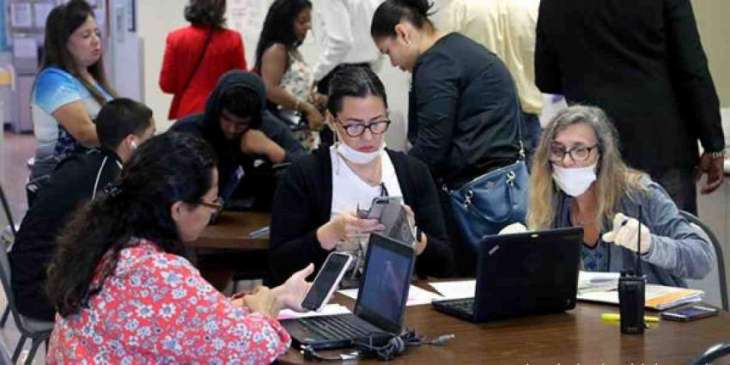The closure of primary and secondary schools in the United Kingdom due to the coronavirus pandemic is likely to deepen educational inequalities between children from rich and poor families, chiefly due to varying degrees of access to learning services and times spent on studies, a survey conducted by the Institute for Fiscal Studies, an independent research institution, showed on Monday
MOSCOW (Pakistan Point News / Sputnik - 18th May, 2020) The closure of Primary and secondary schools in the United Kingdom due to the coronavirus pandemic is likely to deepen educational inequalities between children from rich and poor families, chiefly due to varying degrees of access to learning services and times spent on studies, a survey conducted by the Institute for Fiscal Studies, an independent research institution, showed on Monday.
The institute e-surveyed 4,000 parents of children aged 4-15 in the two weeks between April 29 and May 12.
"Pupils from better-off families are spending longer on home learning; they have access to more individualised resources such as private tutoring or chats with teachers; they have a better home set-up for distance learning; and their parents report feeling more able to support them," the institute said in a report.
The survey found that children from better-off families are spending 30 percent more time on home learning than are those from poorer families. In concrete figures, children in the highest-income fifth of families spend 5.8 hours a day on educational activities, over 75 minutes more than their peers in the poorest fifth of households (4.5 hours). The institute counted that in the 34 days of schools in the UK being closed, children from rich families will get seven full days of extra learning time.
The institute also found that better-off students have access to more resources for home learning, such as online classes, video or text chatting, while 58 percent of primary school pupils from poor families do not their own study space.
According to the survey's findings, 64 percent of pupils in public secondary schools from the richest households are being offered active help from schools, such as online teaching, compared with 47 percent from the poorest fifth of families. In private schools, 82 percent of pupils are offered active help, with 79 percent being provided with online classes.
Even in terms of reopening, poor students are at greater risk to fall behind, as parents in better-off families reported being more prone to let their children return to school than their poorer peers, even though the overall proportion of parents who said they would send their child back to school if they had the choice is less than the half.
The institute believes that these inequalities are certain to lead to substantial long-term consequences and calls upon policymakers to act on it.




